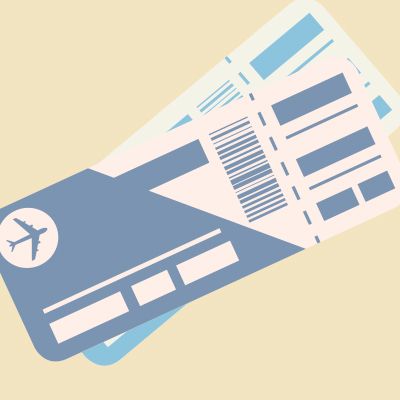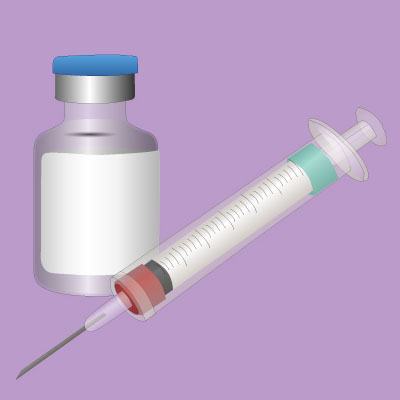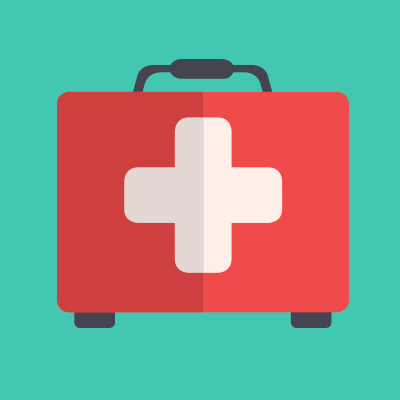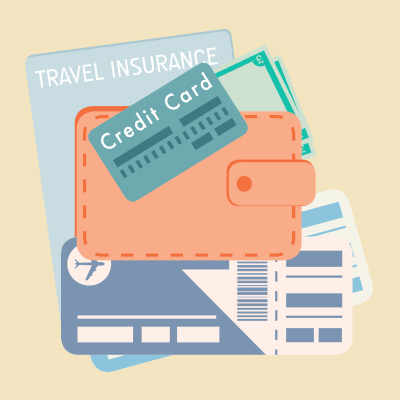Not every child with asthma will need a medical assessment before they go on holiday. However, it is important to speak to your GP or specialist before booking a flight.
There are a variety of ways in which they may be assessed to decide if they are fit to fly.
The airline may also have their own medical paperwork that needs to be completed.
Medical clearance is usually required if your child:
- Has an existing unstable medical condition.
- Has a respiratory or heart condition.
- Uses medical equipment, including oxygen, which will be required onboard.
- They had a recent illness, surgery, injury or hospitalisation.
- Are travelling for medical reasons, or to receive medical treatment.
- Not all airlines use the same paperwork or tests so it is important that you check this with them. Do this before you make a booking so that you can be sure that your child will be allowed to fly.





 Carry your child’s medication and the GP letter in your hand luggage in case your checked on luggage goes missing. Store your medication in it’s original packaging.
Carry your child’s medication and the GP letter in your hand luggage in case your checked on luggage goes missing. Store your medication in it’s original packaging. Arrange full travel insurance as early as possible before going away.
Arrange full travel insurance as early as possible before going away.


